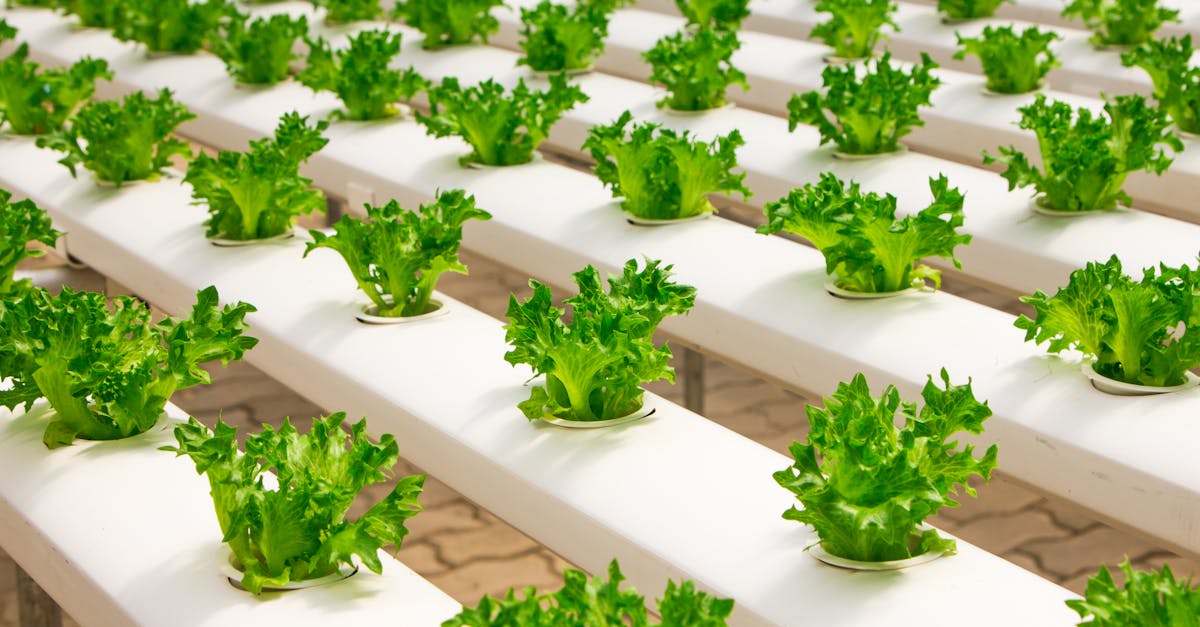When it comes to growing thriving garden vegetables, understanding the importance of pH levels is key.
In our full guide, we study into the significance of pH for your garden vegetables.
From the impact of pH on nutrient availability to tips for maintaining the optimal pH levels, we’ve got you covered.
Let’s investigate how pH plays a required role in the success of your vegetable garden.
Key Takeaways
- Maintaining the right pH: pH levels affect nutrient availability in the soil, impacting plant growth, with most vegetables preferring a pH between 6.0 and 7.0.
- Impact of pH on nutrient availability: Straying from the ideal pH range can lock essential nutrients in the soil, hindering the healthy growth and development of vegetable plants.
- Testing and adjusting pH: Testing soil pH using kits and adjusting it with materials like sulfur or lime is crucial for ensuring optimal growth conditions for garden vegetables.
- Importance of optimal pH: Keeping pH levels optimal is key to healthy garden vegetables, necessitating regular monitoring and adjustment for thriving plant growth.

Importance of pH for Garden Vegetables
Maintaining the right pH for your garden veggies is key. pH affects nutrient availability in the soil, impacting plant growth. Most vegetables prefer a pH level between 6.0 and 7.0. With acidic soil, plants struggle to absorb nutrients like phosphorus and potassium, important for healthy growth.
Adjusting pH is easy with test kits. Lime raises pH in acidic soil, while sulfur lowers it in alkaline soil. Monitoring and adjusting pH helps your veggies thrive. For more information on the importance of pH, check out this helpful guide from Gardeners’ World.
Impact of pH on Nutrient Availability
Maintaining the right pH levels in your garden is critical as it directly impacts nutrient availability for your vegetables. When the pH strays too far from the ideal range, important nutrients may become locked in the soil, making them unavailable to the plants.
A soil pH that is too low or too high can obstruct the absorption of required elements like nitrogen, phosphorus, and potassium. This, in turn, hinders the healthy growth and development of your vegetable plants. To ensure your garden thrives, it’s important to monitor and adjust the pH levels accordingly.
Expanding your knowledge on how pH influences nutrient uptake can greatly benefit your gardening efforts. Investigate further insights on soil pH and nutrient availability from reliable sources like the University of California Agriculture and Natural Resources.

Testing and Adjusting pH Levels
When it comes to testing and adjusting pH levels for our garden vegetables, we must first test the soil using a pH test kit. These kits are readily available at garden centers or online. Once we have the results, we can adjust the pH as needed.
To lower pH levels, we can add elemental sulfur, peat moss, or ammonium sulfate. On the other hand, raising pH levels can be achieved by incorporating garden lime or wood ash into the soil. It’s important to follow instructions carefully when making these adjustments.
For more in-depth guidance on testing and adjusting pH levels in your garden, refer to resources from University of California Agriculture and Natural Resources or your local agricultural extension office.
Maintaining Optimal pH Levels
When it comes to garden vegetables, Maintaining Optimal pH Levels is critical for their growth. Testing the soil with a pH kit provided by garden centers is the first step. We might need to adjust the pH using materials like elemental sulfur or garden lime. It’s important to follow instructions carefully to ensure we’re making the right adjustments. Consulting resources from University of California Agriculture and locally from agricultural extension offices can provide further guidance on this topic. After all, keeping pH levels optimal is key to healthy garden vegetables.
For more information, refer to the resources from the University of California Agriculture and your local agricultural extension office.

